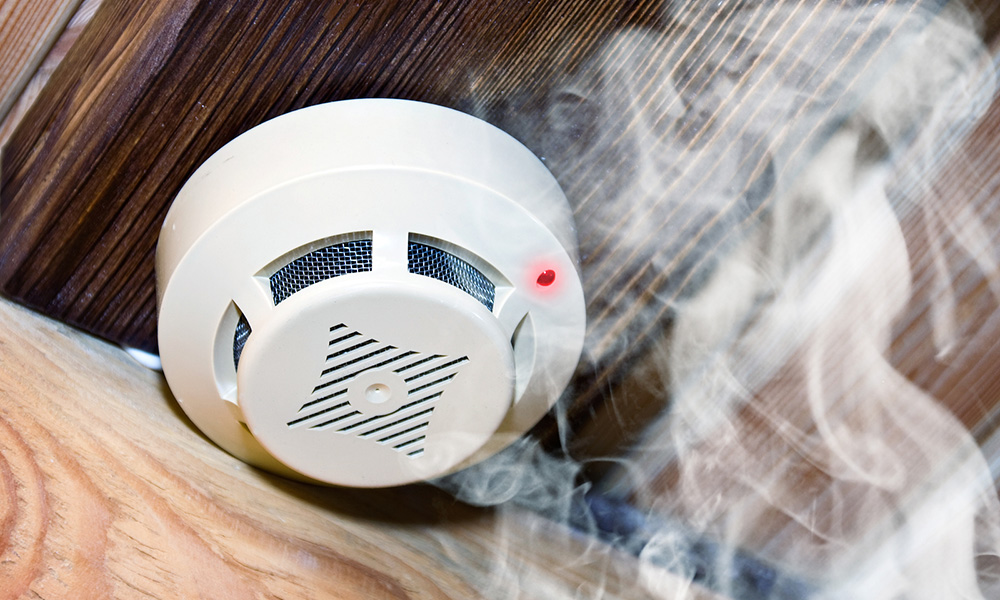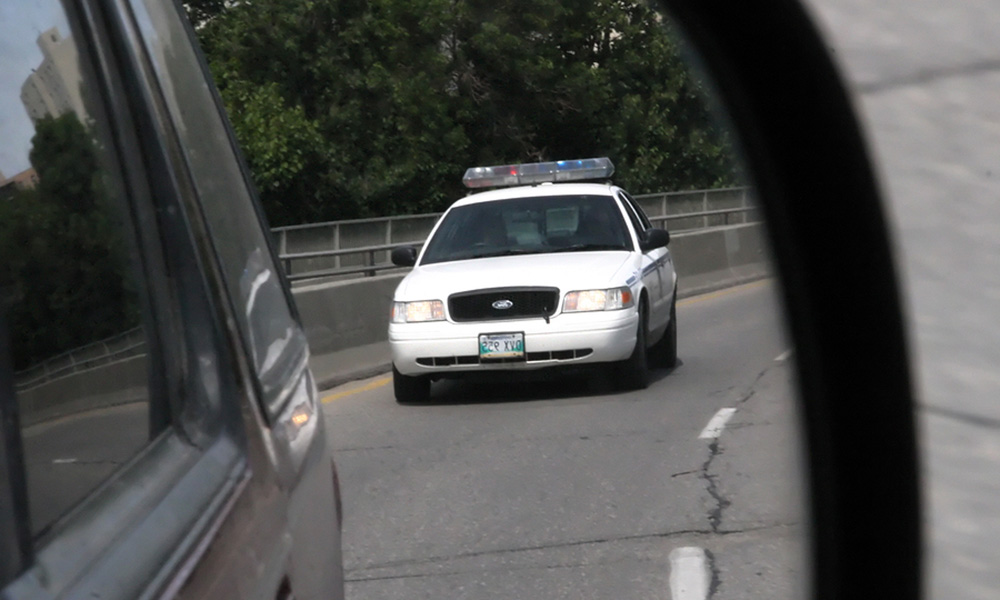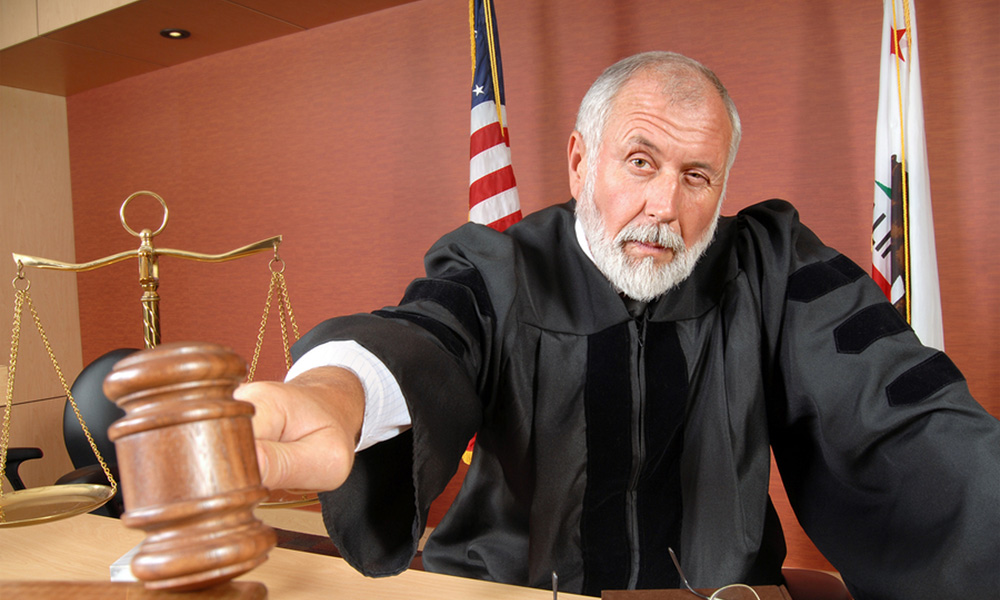If your child is under 16 years old and is arrested in Long Island and alleged to have committed a crime, he or she will usually be charged with committing a “delinquent act” and may be charged as a “juvenile delinquent” in Family Court.
Although there are important legal implications of being identified as a legal juvenile that your Long Island juvenile defense attorney will explain, as a person over seven and less than sixteen years of age may commit a crime, due to their age they may not be criminally responsible by reason of infancy.
The first, and possibly most important thing you can do for your child is to understand the difference between these two outcomes: Whether they are being adjudicated a “juvenile offender” or convicted of a crime as an adult. This is extremely significant.
A “juvenile offender” is usually defined as being a person thirteen to fifteen years old who is criminally responsible for acts constituting certain very serious felonies. While a juvenile offender adjudication will not give the child a criminal record (this is the critical point), it does allow a prosecutor to treat a serious case against a child in essentially the same way as an adult charged with the same offense.
How and where your child’s case is handled, and how the child is treated depends on several factors including the child’s age, intent, and past criminal record. Children who are accused of committing crimes usually fall into three categories: Juvenile Delinquent, Juvenile Offender, and Adolescent Offender.
Due to the vague nature of these charges, and their complexity the best way for you to help them is to consult with a Long Island juvenile defense lawyer as soon as possible. Making sure your child’s case is handled correctly starts there, and how they are charged, and in what court can make all the difference.
What Are the Three Categories That My Accused Child Can Fall Into?
Your child, who is accused of committing a crime, can fall into one of three categories, they are:
Juvenile Delinquent – A Juvenile Delinquent is a child over 7, but under 18 years of age, who commits an act that would be a crime if it had been committed by an adult. Juvenile offenders, who are 13, 14, and 15 years of age, are not considered Juvenile Delinquents. Juvenile Delinquents are handled in Family Court. Juvenile Delinquents do not go to adult jails. Instead, the court decides where they need to be placed. Juvenile Delinquents do not have criminal records. Most cases fall under Family Court proceedings and are confidential and in some instances, the cases can be sealed.
Juvenile Offender – A child who is 13, 14, or 15-years-old and charged with committing a serious or violent felony offense is considered a Juvenile Offender. These cases are heard in the Youth Part of the Supreme or County Court. Juvenile Offenders who are convicted are usually subject to less severe sentences than adults. Juvenile Offenders who are convicted will have a permanent criminal record unless the Court grants Youth Offender status.
Adolescent Offender – Your 16 or 17-year-old who commits a felony is considered an adolescent offender. This means that the case is originally heard in the Youth Part of the Supreme or County Court. However, the case may be transferred to the Family Court, where the youth will be considered a juvenile delinquent and will be eligible to receive all the services and programs available to all juvenile delinquents.
How, and where your child is charged and will appear is vital to how they will be treated and possibly sentenced. These laws change all the time, and your juvenile defense lawyer will be invaluable in getting your child placed where the consequences may be the least severe. Consult with your juvenile defense lawyer immediately and get ahead of your child’s case. as this is an area where you and your experienced juvenile defense lawyer can be of dynamic help to your child’s future.
What is the Age Of “Criminal Responsibility” in New York?
New York’s justice system has tried to improve the way it treats younger people in the courts. Legislation has been introduced to raise the age of criminal responsibility to 18 years of age. Before that New York was previously one of only two states that automatically prosecuted 16- and 17-year-olds as adults. This, of course, still may depend on the crime itself and if violence were involved. It still can be a vague legal area though, and only by having a professional juvenile defense lawyer, can you protect your child and have the best chance of a good outcome.
For example, if your child is convicted for a very serious offense, this could mean that your 13-year-old in New York City, Long Island, and throughout New York State can potentially be given a life sentence.
How Does Juvenile Offending differ from Adult Offending?
It is a widely accepted truth that crime is committed disproportionately by young people. Persons aged 15 to 19 years are more likely to be processed by police for the commission of a crime than are members of any other population group.
However, this does not necessarily mean that juveniles are responsible for most of the recorded crimes. On the contrary, police data indicate that juveniles comprise a minority of all offenders who encounter the police. This is primarily because offending “peaks” in late adolescence when young people are aged 18 to 19 years old and are no longer legally defined as juveniles.
For several reasons, juveniles are more likely than adults to come to the attention of police, such as:
- They are less experienced at committing offenses.
- They usually commit offenses in groups.
- They commit offenses in public areas such as on public transport, malls, etc.
- They usually commit offenses close to where they live.
It is exceptionally important to note, and even more, the reason to not let this situation get out of control legally. Act immediately and consult with a Long Island defense lawyer that will work for you and your child’s best interests.
My Child is Facing Juvenile Court on Long Island, What Should I Do First?
With all the vagaries in the Long Island juvenile justice system, the best way to help is to not let this situation get out of hand. Nothing is more important than your child, and their future. The Mirsky Law Firm has regularly, routinely, and successfully helped juvenile’s overt serious consequences with the best legal representation possible. Consult with them first, and get the help you, and your child needs.











Comments are closed.